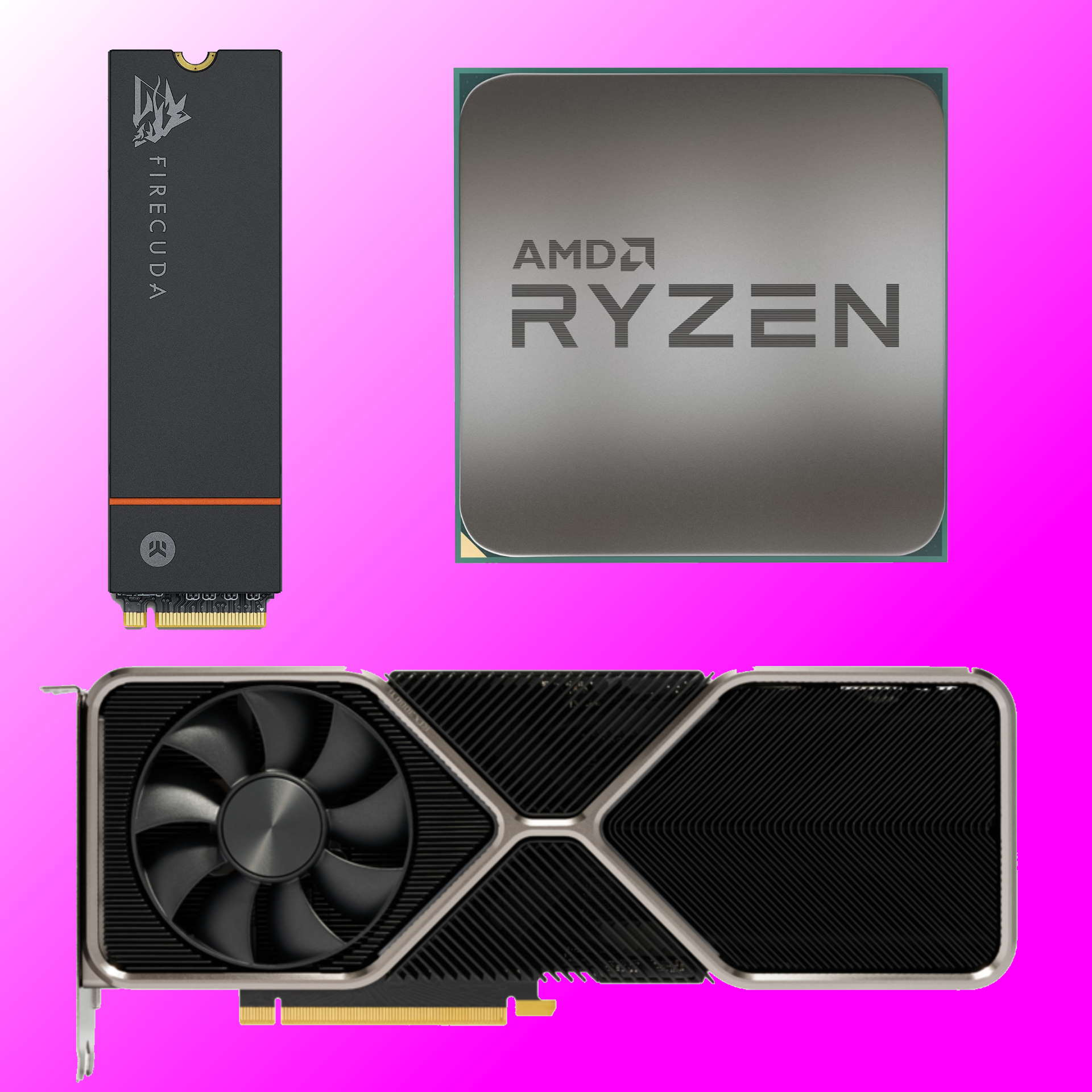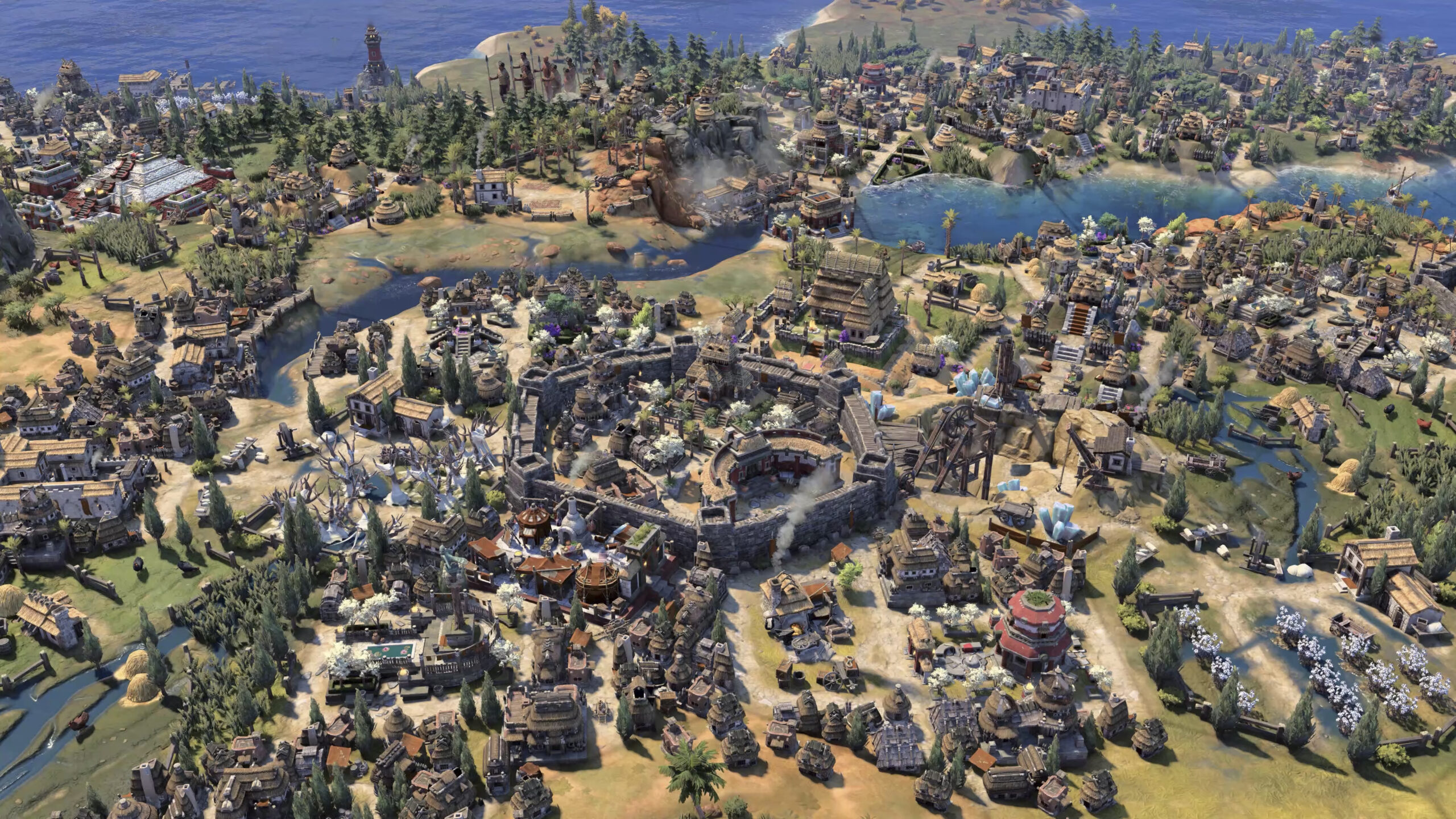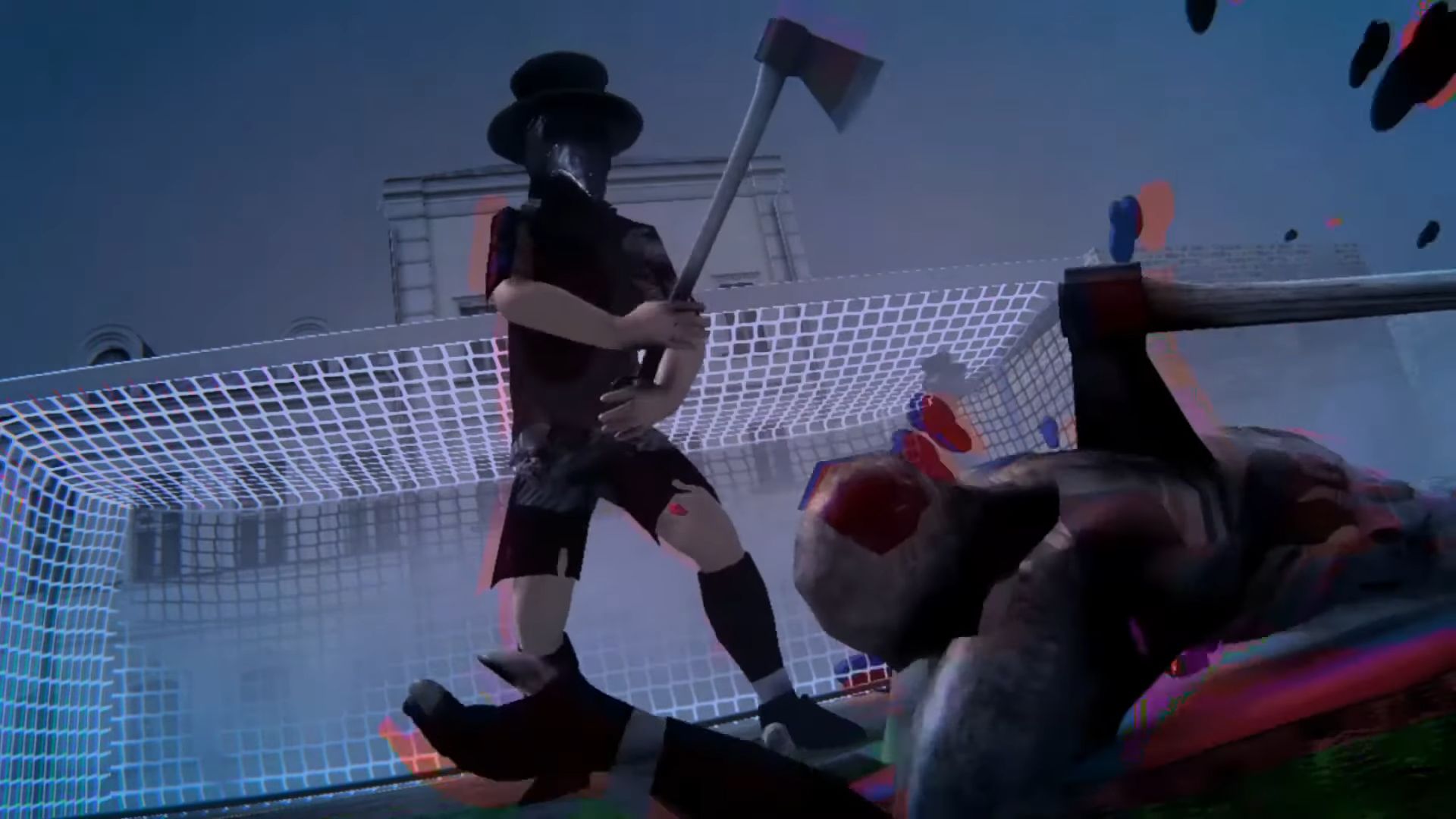If you’re a fan of 4X strategy games, you’ll probably have already read through our review of Civilization 7 and perhaps my performance analysis of the game, too. As any strategy enthusiast will know, such games are almost never about the graphics and instead focus on complex AI algorithms, which test your abilities as a gamer. This inevitably means the most important part of your PC becomes the CPU, as it handles all of that. And the more capable your processor is, the smoother the gameplay will be.
What makes Civilization 7 different from the likes of Sins of a Solar Empire 2, released last year, or Stellaris (2016, believe it or not), isn’t just that it’s very CPU-dependent but that the performance swings wildly between being GPU- and CPU-limited. Keep the camera still and your graphics card will work up a sweat, at high quality settings at least. However, the moment you move off to check out what your opponents are up to, the frame rate comes crashing down, as the CPU grinds through the task of updating everything you’re seeing.
Depending on the hardware inside your gaming PC, the difference between the two scenarios can be like day and night. The best demonstration of this is the built-in graphics benchmark, where the camera bunny-hops around a busy map, zooming into regions to get a closer look at the land and units presented.
With a Ryzen 9 9900X and a GeForce RTX 4070 Ti, I got an average frame rate of 208 fps at 1080p, with the High quality preset. Awesome high frame rates, yes? What’s not so awesome is the fact that the 1% low frame rate was just 52 fps and those lows always occur when the camera zooms off to a new location. Pump the resolution up to 4K and the average frame rate drops to 111 fps, but the 1% lows remain exactly as they were at 1080p. You can see just how much the frame ping-pongs about in the video below.
‘Yeah, but that’s just the benchmark,’ you might say. Well, fire up a normal game and you’ll eventually see it does the same. However, early on in a match, not only is most of the map hidden, but your opponents have only just started their march to glory. In other words, there’s not a great deal for the CPU to be dealing with, so the 1% lows aren’t too bad at all.
Once you’re deep into the later stages of a run it’s a very different story, and the two benchmarks (one for testing AI, the other for graphics) become very good representations of how well the game will actually run in the later game.
And that’s just moving about the map. Once your own turn is up, it’s time to hand everything over to the CPU to process the opposition’s turns and that too can get super-grindy. So much so that, in the AI benchmark, there’s less than a four-second difference between how long it takes a six-year-old eight-thread Core i7 9700K and a six-month-old 24-thread Ryzen 9 9900X to process the turns on average.
As someone with over 1,800 hours in Hearts of Iron 4, I know only too well just how sluggish late-stage strategy games can be. But at least with the aforementioned game, the performance is nicely consistent—the frame rate is never super-high but it doesn’t need to be, as what matters is how long it takes the CPU to work through all the AI routines.
Part of Civ 7’s problem is its nature (i.e. it’s a turn-based, 4X strat game) but part of me suspects that it’s also down to the nature of high-stakes, big-budget game development these days. And by that, I’m talking about just getting the game to run well enough so that it can be shipped, and any real optimisation, tweaks, and whatnot can be left for a later patch (if at all). As much as I don’t like that, it’s just part and parcel of PC gaming in 2025.
Ultimately, Civilization 7 is supposed to be a CPU-limited game but as things currently stand, it just swings about all over the place, clogging up the CPU one minute, pushing your GPU and its VRAM the next. I’m fairly confident that Firaxis Games will be able to sort that out given time, but for the sake of how well Civ 7 does in the sales charts, it might want to make it a bit of a priority.

Best CPU for gaming: Top chips from Intel and AMD.
Best gaming motherboard: The right boards.
Best graphics card: Your perfect pixel-pusher awaits.
Best SSD for gaming: Get into the game first.











